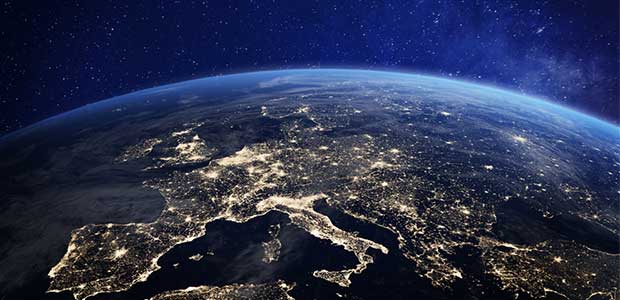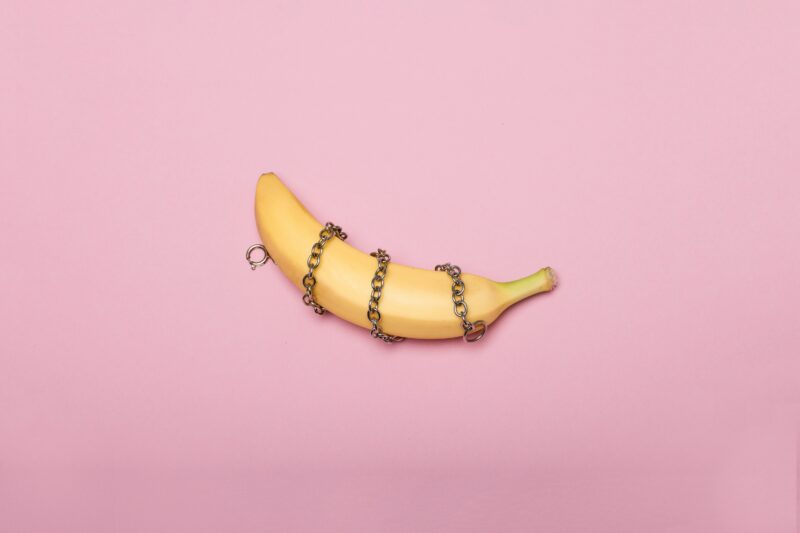How will this pandemic change us?
This has been a year full of great unknowns that has required many changes throughout the world. Some shifts, seemingly insignificant, others are hugely impactful. The degree to which these changes will continue after the crisis has passed will only be known at that time, but the changes will be interesting to follow.
It is of course difficult to predict global changes so early in such a complex situation. What is possible is to look at the current changes happening now and look at similar past events that caused behavioral change to discuss if these changes are likely to stay.
This is important because societal values and behaviors are at a juncture, making them vulnerable to extinction or modification. This likely will benefit from observing. It is also likely of benefit to observe anxieties that ensue after this unsettling time that may inhibit a healthy return to normality (or a healthy ‘new normal’).
Change in ourselves, our communities and economies is typically met with resistance. The resistance to change is in itself a resistance and anxiety to the transformation process. There likely should be little cause for concern if true ethics and values are upheld. This horrid and unsettling time, may even be an opportunity to make positive changes during this time of permission to bend within and away from current social norms.
Global refocus
COVID-19 has highlighted the fragility of our economy and health, with no nation unscathed. Hopefully this is an opportunity to combat the universal enemy rather than point fingers, to get through this together, ideally more united than ever. This is a rare occurrence for a global crisis, rather than limited to a particular region. This reshapes the thinking of many to broaden the scope of ones concerns, bringing attention to overseas nations with a renewed sense of equality than previously. This collective approach to the crisis could promote further unity between nations that may assist with tackling the climate crisis in the future. Having already sparked conversation about this, as it is ultimately the greatest enemy.
Stockpiling
These changes are not only opening our mindset, but new anxiety produced behavioural norms. The large increase in demand for toilet paper, hand sanitizer and canned food products on account of people stockpiling these items is well documented, but could this behaviour become a new norm?
This has happened in the past when a cohort experienced a collective trauma, such as famine was encouraged to stockpile. It may be that this conduct is more common in the future as people are more aware of their vulnerability. Especially with the increasing awareness that this behavior is a part of a precautionary human response to risks and less of selfish and more biological and logical than initially reported.
Stockpiling is a recommendation by the Japanese government who regularly experience disaster due to their location. This behavior of keeping a small stockpile in case of natural disaster or financial insecurity is now changing as more people experience fear of going without. Once security of food supply is no longer questioned people’s behavior may return to weekly shops or continue to keep essentials stocked just in case. It may be a slow resurface for some of these behaviors or it may change back overnight.
Technology adoption
It has been reported how the corporate world will change from COVID-19. Companies will be more comfortable and familiar with video calls, reducing the need for travel. Zoom is now a new norm, jumping to 200 million global daily users since the push for social distancing.
These changes highlight the rapid adoption of behavioural changes that had once found resistance. The continuation of such practices will vary from industry to industry. Some will value physical interaction. Others will reduce need to meet face-to-face. This is not necessarily a bad idea to move to online meetings. It is probably a big change for a large number of companies, but this does ultimately save money, allow for previous more housebound members of the community (e.g. those with disabilities) to be involved in the workforce, and other benefits to businesses. Likely the airline and accommodation sectors will experience moving forward, including the likes of AirBnB to large airlines and hotels.
Social interaction
Handshaking is now frowned upon as it is a way to spread health risk. Many nations now banning the practice. Is this the end of handshakes and hugs in a business context? Handshaking is a highly engrained social interaction, dating back to 5th century B.C. in Greece. Will COVID-19 see its end?
There has been a growing number of alternatives that limit physical contact. Most notably the increasingly popular ‘elbow bumps’ created by Jimmy Fallon in February which has been adopted by many political and well-known figures. Another favorable option may be the Vulcan salute, to wish long lives and prosperity.
…
What has been highlighted since the changes caused by COVID-19 is the frangibility of what was once seen as stable, the norm and social etiquette. New behaviours are being formed. These behaviors may be slow to revert back to our pre-COVID-19 normality, or may return.
What is important, is awareness of what actions are truly valued in our society, to ensure they are upheld. To take this opportunity to re-evaluate what is truly essential in business and society, what works and what ways the situation can positively evolve for ever more.




